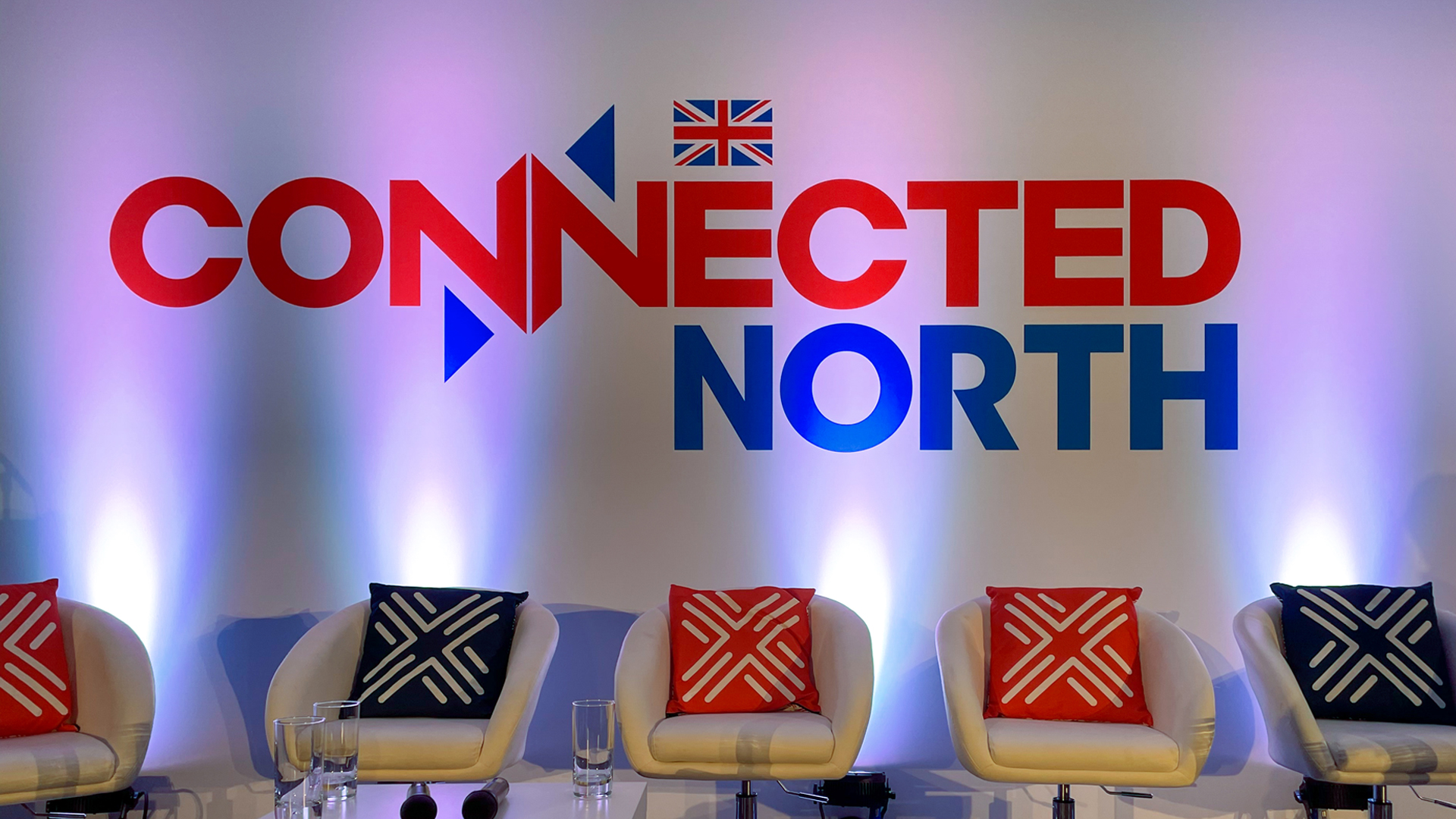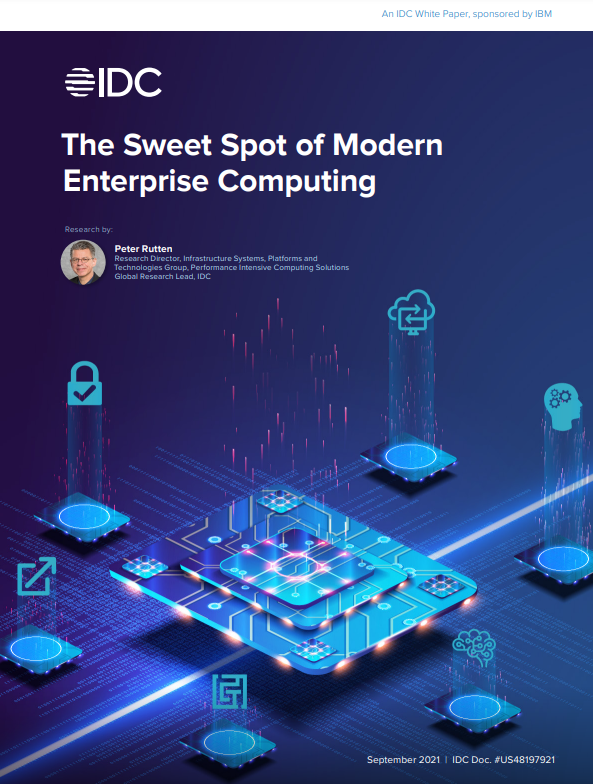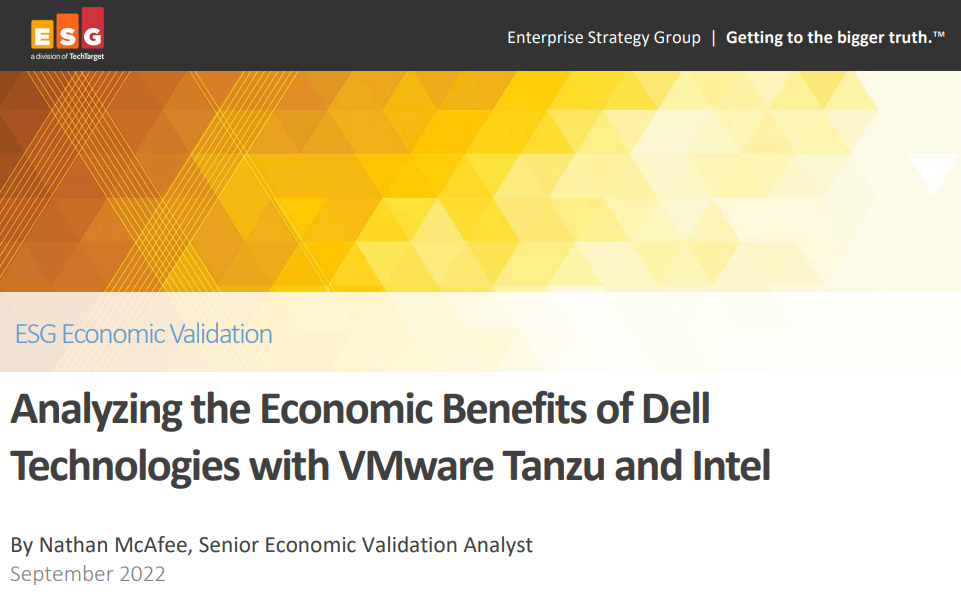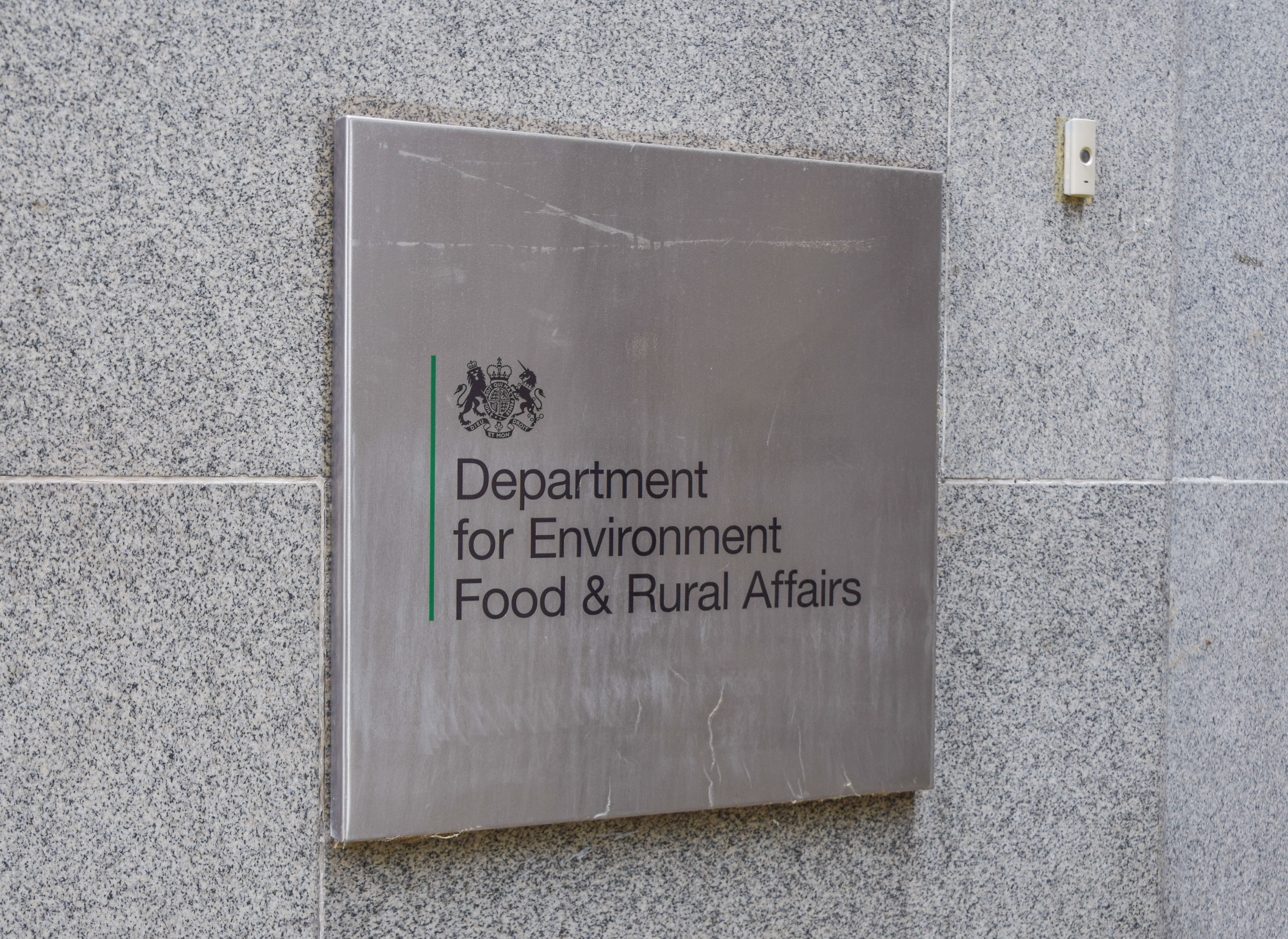Northern leaders irate as No 10's Levelling Up strategy fails to deliver
Marginalised leaders across the north say promises of EU-equivalent funding have yet to materialise


Regional leaders have hit out at the government over a lack of support for much-needed networking and connectivity projects, branding current initiatives such as the Levelling Up agenda as “hot air”.
Mayors across the North of England have said that despite receiving promises of ‘EU-level funding’ for key projects, only a fraction of this has been delivered to date.
Connectivity remains a major issue across many regions in the UK and in West Yorkshire. Tracey Brabin, Mayor of West Yorkshire said 4% of her constituents are considered digitally excluded – an unequal level of access to widely used technology.
The region requires funding to support ongoing initiatives like 100% Digital in Leeds, which aims to tackle digital exclusivity, a key contributing factor of which is affordable connectivity, but it speaks to wider weaknesses in the central government’s Levelling Up agenda, the Mayor argued.
Speaking at the Connected North 2022 conference held in Manchester this week, Brabin said the disappointing levels of attention and investment from the UK central government for schemes like 100% Digital and Born in Bradford, simply echo long-held beliefs in West Yorkshire that they "never get anything anyway".
This is despite having a wealth of opportunities in the region, such as having two of its towns and villages named in the UK’s ‘top place to live’ lists and having a major broadcaster in Channel 4 moving its headquarters to the region, she said.
The government’s Levelling Up agenda is part of a broad programme aimed at bringing better opportunities to regions outside of London. Part of this programme is to create equal access to technology, particularly the internet, and develop a better-connected nation.
Get the ITPro daily newsletter
Sign up today and you will receive a free copy of our Future Focus 2025 report - the leading guidance on AI, cybersecurity and other IT challenges as per 700+ senior executives
However, although the agenda has been widely touted by Westminster, the reality is that “no-one really knows what it is”, according to Steve Rotherham, Mayor of the Liverpool City Region.
RELATED RESOURCE

The sweet spot of modern enterprise computing
Achieve security, reliability, scalability, and sustainability with hybrid IT infrastructure
Rotherham said wealthier and more infrastructure-rich regions in the UK are being offered more funding than the less advanced regions, something that is contributing to the digital exclusion in the North West.
Ultimately, according to Rotherham, the government’s support is not doing enough to tackle digital exclusion, particularly in areas where the cost of living crisis is being felt the hardest.
The Liverpool City Region has experienced cases of young people and their families being unable to afford the cost of Internet access. In many of these areas, the cheapest £14 Internet tariff is considered an expense for some and an inability to access the Internet is depriving young people of opportunities in education and eventually later in life, the Mayor argued.
By the government’s own admission, the way in which the ‘pots’ of money being allocated to each local region in the UK, known as The UK Shared Prosperity Fund (UKSPF), has been met “broadly negatively” by devolved administrations.
The UKSPF, alluded to by both Brabin and Rotherham, is a fund designed to reduce the inequality between regional communities and is part of the government’s wider Levelling Up agenda.
“The UK Shared Prosperity Fund could have helped us all do lots of things that we all need to do and nobody's certain of the distribution methodology because it's so opaque,” Rotherham said.
“It means that areas like Liverpool City Region have lost out, and people will remember that it was a manifesto pledge by the government – the Tory party – to say that no area will get less with the UK shared prosperity fund than the European Structural funds. But, it’s obviously untrue because you can go across the country to see those disparities.”
Brabin added that, in local government, all the funding that comes from Westminster “feels like a metaphorical pat on the head, that we should be grateful to get anything from government”.
“In the upcoming local elections, we can expect to see more people voice their displeasure with the execution of the government’s levelling up agenda,” Brabin said.
Councillor Bev Craig, leader at the Manchester City Council, agreed that more needs to be done in order to meet the aims of the Levelling Up agenda, adding that the programme seems like a re-hashing of previous ideas like the Northern Powerhouse.
“I think what we need to see, and we need to see this quite quickly over the next 12 months, is the levelling up agenda actually translating across the rest of Whitehall,” said Craig. “If this is simply the [DCMS], it becomes a department for gimmicks unless it challenges the Treasury, unless it challenges how other departments operate, then it's something that will be, I think, quickly confined to history, just as quick as local industrial strategies were.
Craig added that local authorities need to be pushing for single pots of funding and the removal of ‘Whitehall boundaries’ in government departments. She also argued that the government needs to “step up to the plate” and help each authority deliver the connectivity projects it wants to.

Connor Jones has been at the forefront of global cyber security news coverage for the past few years, breaking developments on major stories such as LockBit’s ransomware attack on Royal Mail International, and many others. He has also made sporadic appearances on the ITPro Podcast discussing topics from home desk setups all the way to hacking systems using prosthetic limbs. He has a master’s degree in Magazine Journalism from the University of Sheffield, and has previously written for the likes of Red Bull Esports and UNILAD tech during his career that started in 2015.
-
 The Race Is On for Higher Ed to Adapt: Equity in Hyflex Learning
The Race Is On for Higher Ed to Adapt: Equity in Hyflex LearningBy ITPro
-
 Google faces 'first of its kind' class action for search ads overcharging in UK
Google faces 'first of its kind' class action for search ads overcharging in UKNews Google faces a "first of its kind" £5 billion lawsuit in the UK over accusations it has a monopoly in digital advertising that allows it to overcharge customers.
By Nicole Kobie
-
 Better together
Better togetherWhitepaper Achieve more with Windows 11 and Surface
By ITPro
-
 Transforming the enterprise
Transforming the enterpriseWhitepaper With Intel and CDW
By ITPro
-
 The top trends in money remittance
The top trends in money remittanceWhitepaper Tackling the key issues shaping the money remittance industry
By ITPro
-
 How Kantar revamped its IT infrastructure after being sold off
How Kantar revamped its IT infrastructure after being sold offCase Study Being acquired by a private equity firm meant Kantar couldn’t rely on its parent company’s infrastructure, and was forced to confront its technical shortcomings
By Rene Millman
-
 Deutsche Bank wraps up Postbank IT integration after bug-laden migrations
Deutsche Bank wraps up Postbank IT integration after bug-laden migrationsNews The IT merger is expected to generate annual savings of €300 million by 2025
By Daniel Todd
-
 Analyzing the economic benefits of Dell Technologies with VMware Tanzu & Intel
Analyzing the economic benefits of Dell Technologies with VMware Tanzu & IntelWhitepaper ESG economic validation
By ITPro
-
 Defra needs £726 million to modernize pervasive legacy IT issues
Defra needs £726 million to modernize pervasive legacy IT issuesNews A significant portion of IT systems are reportedly still in extended support or are fully unsupported
By Ross Kelly
-
 Former TSB CIO fined £81,000 for botched IT migration
Former TSB CIO fined £81,000 for botched IT migrationNews It’s the first penalty imposed on an individual involved in the infamous migration project
By Ross Kelly